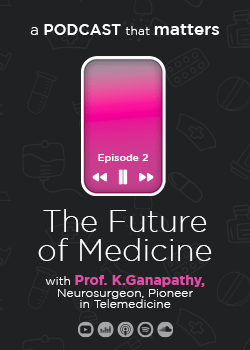
Interoperability community
Details
Description
Call updates
Dec 9, 2021 9:45:43 AM
The call HORIZON-CL5-2021-D3-01 has closed on 20 October 2021.
11 proposals have been submitted. The breakdown per topic is: HORIZON-CL5-2021-D3-01-03: 1 proposal
Oct 19, 2021 12:24:22 PM
UPDATE: please note that the deadline for the call HORIZON-CL5-2021-D3-01 has been extended for 24 hours. New deadline is set to 20-10-2021 17h00.
Jun 24, 2021 12:00:01 AM
The submission session is now available for: HORIZON-CL5-2021-D3-01-03(HORIZON-CSA)
TOPIC ID: HORIZON-CL5-2021-D3-01-03
Programme: Horizon Europe Framework Programme (HORIZON)
Call: Sustainable, secure and competitive energy supply (HORIZON-CL5-2021-D3-01)
Type of action: HORIZON-CSA HORIZON Coordination and Support Actions
Type of MGA: HORIZON Action Grant Budget-Based [HORIZON-AG]
Deadline model: single-stage
Opening date: 24 June 2021
Deadline date: 19 October 2021 17:00:00 Brussels time
Topic description
ExpectedOutcome:
Project results are expected to contribute to all of the following expected outcomes:
Ensure continuity of the ongoing interoperability of energy services related activities.
Ensure horizontal coordination and support, sustainable up-take of the energy services related to interoperability, data spaces and digital twins.
Support and disseminate a common framework for testing interoperability across running projects. Harmonise interoperability testing procedures[1].
Increased interoperability of energy services, data and platforms, both at the function and business layers.
Scope:
Facilitate the coordination and alignment of projects and support interaction between the various related initiatives happening at European and National level.
The project should support a community of practice that includes interoperability expertise relevant to the energy transition that keeps track and maintains an expertise around changes in requirements, emerging use cases and regulatory condition.
development of IT/ICT, evolution of relevant standards and all activities impacting interoperability, virtualisation and digital twins, data spaces.
industrial and working groups’ efforts towards interoperability (including ontologies, core models etc.).
Maintain an overview of what is happening, create a repository of best practices and use cases, indicate what is needed to keep this interoperability and provide a forum to support agreements on open standards, convergence on reference architectures and broad dissemination.
Increased interoperability of energy services, data and platforms, both at the function and business layers of the Smart Grid Architecture Model. Where relevant consider including also smart energy systems models going beyond Smart Grids.
Develop an Interoperability Maturity Model (IMM) to indicate the level of maturity in organisations, and the further effort/ actions need to be made to reach higher levels of interoperability.
Create a network of interested parties, and eventually, setting up a distributed European ecosystem of centres for the Interoperability testing of data driven energy solutions. This should take into account existing initiatives like living labs, digital innovation hubs, JRCs Interoperability testing lab related ERA-Net program calls and Clean Energy Transition Partnership, and should aim at supporting a European knowledge base of use cases, interoperability profiles test cases, and results of tests.
Establishing a cross-fertilisation of existing regional testing infrastructures, explore best practice of local sand-boxing and link with existing networks. Demonstrate with the testing of a set of real life cases where new interoperability requirements are to be tested, how the activities would be organised.
The networks should agree on a common testing methodology and a common test reporting methodology to be used.
The selected projects are expected to contribute to relevant BRIDGE[2] activities.
[1]The Smart Grid Interoperability testing methodology developed by JRC of the EC is one such methodology https://ec.europa.eu/jrc/en/publication/smart-grid-interoperability-testing-methodology
[2]https://www.h2020-bridge.eu/


